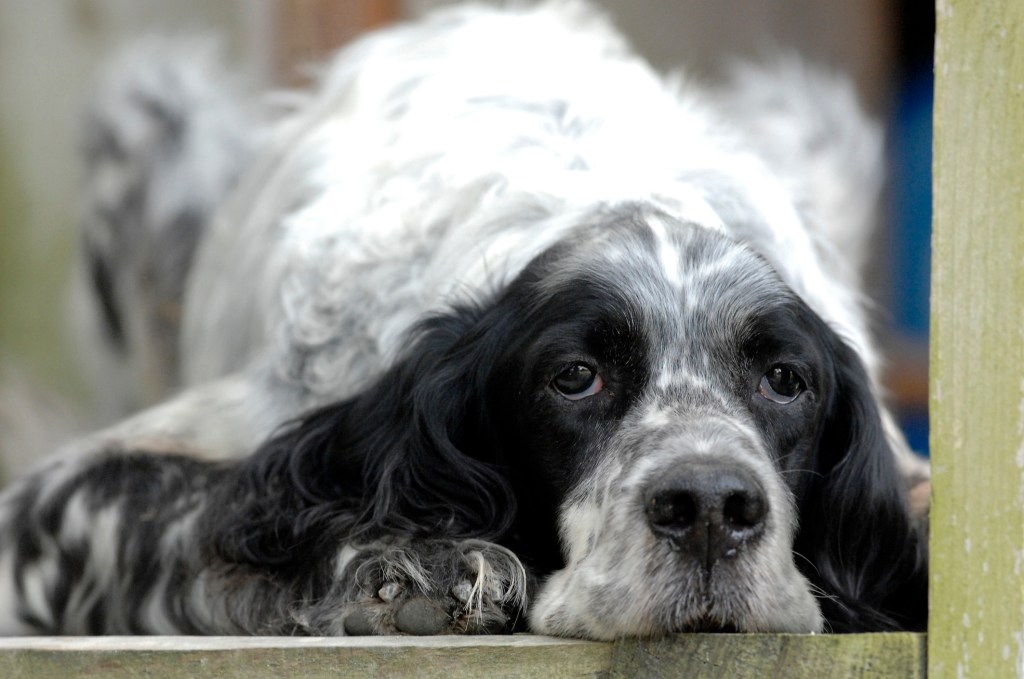Psoriasiform-lichenoid dermatosis in dogs is a medical condition that causes bumps on the skin. Generally, it affects canines who are two or three years of age.
Technically, the condition is inherited. Specifically, the problem affects the English Springer Spaniel breed.
Curiously, the problem is usually symmetrical. For example, it can affect both ears at the same time.
If you see signs that your dog might be suffering from this skin condition, then you must consult your veterinarian for a proper diagnosis and course of treatment. Here’s what you should know about the symptoms, causes, and treatments of psoriasiform-lichenoid dermatosis in dogs.
Symptoms of psoriasiform-lichenoid dermatosis in dogs
Psoriasiform-lichenoid dermatosis in dogs can result in a range of symptoms. Specifically, some of the most common symptoms of the condition include:
- Small bumps around the ears
- Greasy skin
- Discharge
- Small bumps around the genitals
- Lesions around the trunk
- Scaly skin
Causes of psoriasiform-lichenoid dermatosis in dogs

The cause of the condition is inherited. This means a dog is born with it.
Specifically, psoriasiform-lichenoid dermatosis only affects English Springer Spaniels. Generally, the condition appears around the ages of two or three.
Additionally, in some cases, it is suspected that using oral cyclosporine medication can cause the problem. Also, staph infections can sometimes be linked to the condition.
Treatments for psoriasiform-lichenoid dermatosis in dogs
Firstly, if you think that your dog might be developing psoriasiform-lichenoid dermatosis, your veterinarian will want to carry out a full physical examination of your dog. Additionally, your vet will ask about your dog’s complete medical history. This will include any breed-specific problems.
Secondly, your vet will take blood and urine samples. Thirdly, a skin biopsy will be used to confirm the condition.
Generally, a number of treatments are available for the problem. For example, antibiotics and anti-inflammatory drugs can help. As always, if your vet prescribes your pup any medication, stick to the exact dose and frequency instructions. Also, always complete the full course of medication.
Additionally, certain shampoos for dogs can help with the problem. For instance, antiseborrheic shampoos can be tried under the guidance of your vet.
Thankfully, psoriasiform-lichenoid dermatosis does not seem to significantly affect a dog’s day-to-day wellbeing. Also, in many cases, the condition comes and goes naturally.








